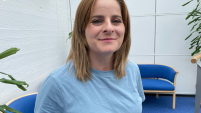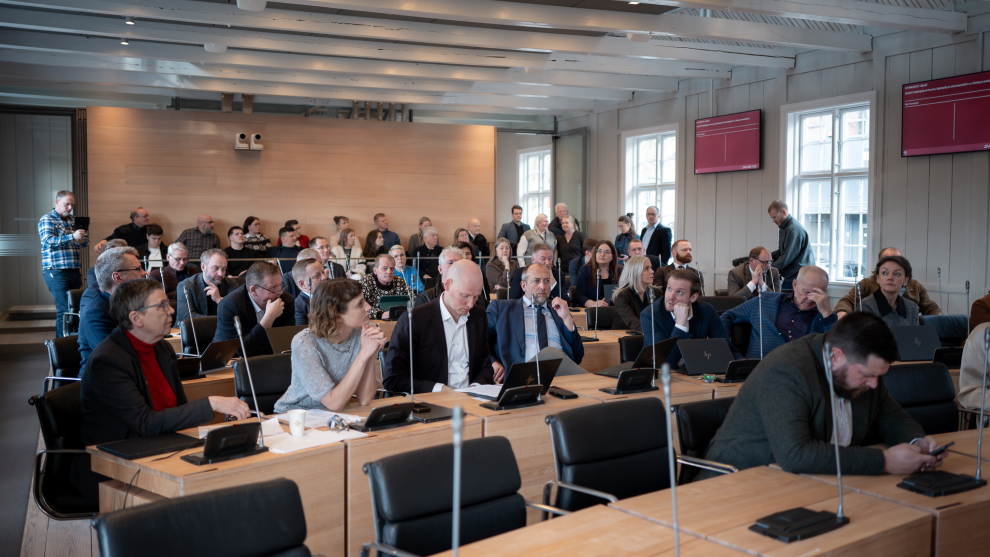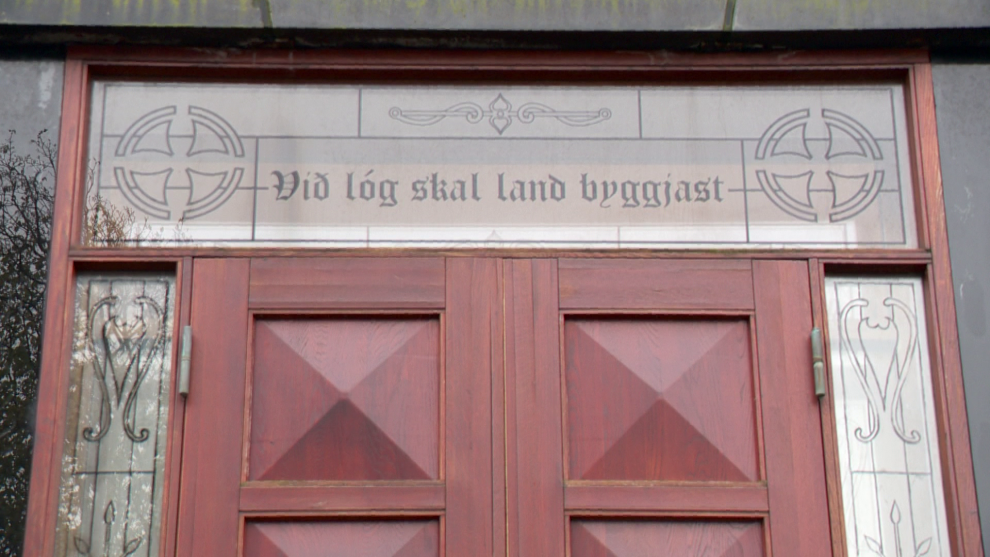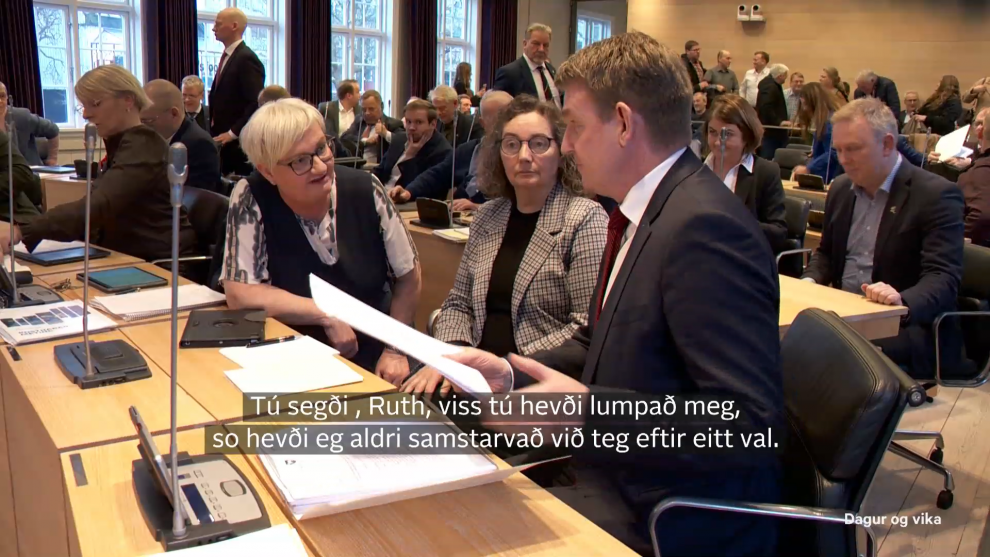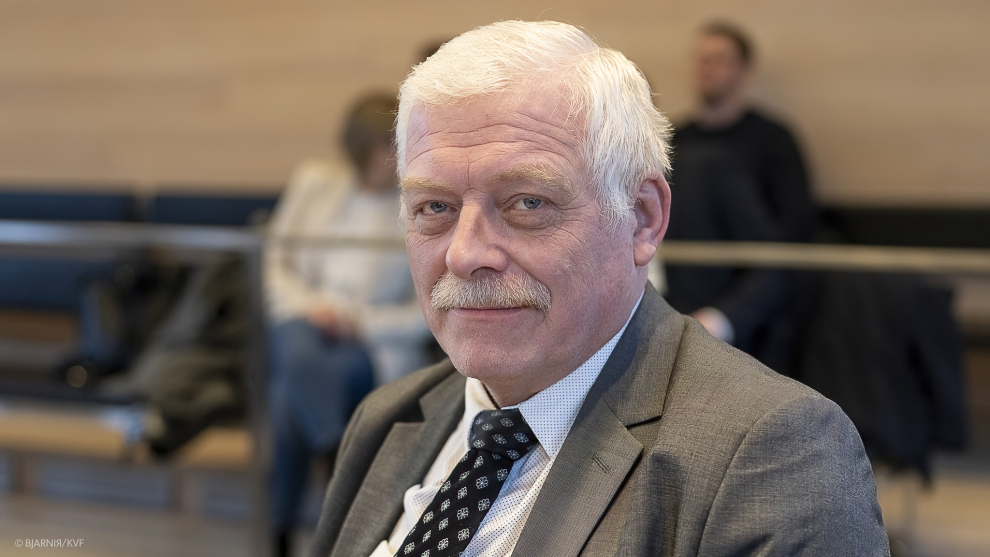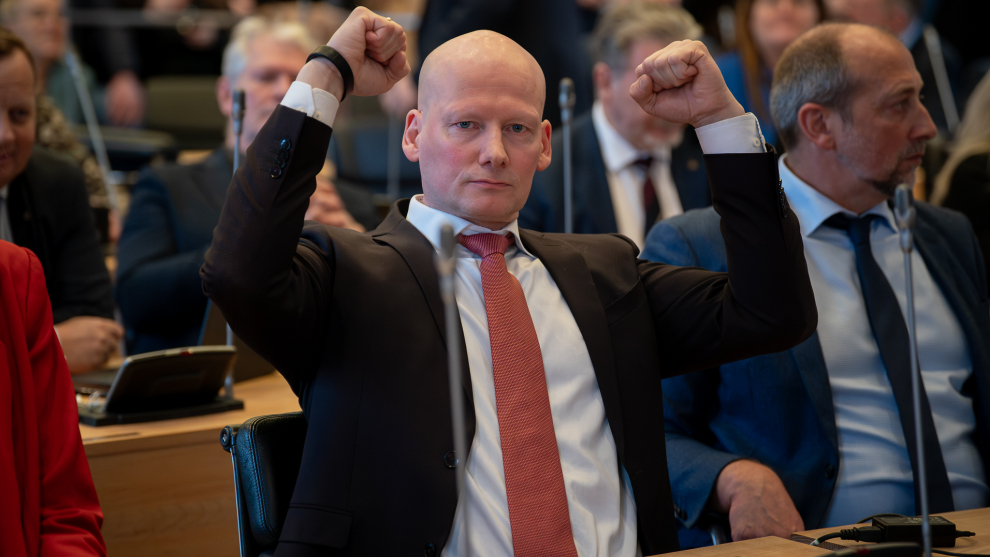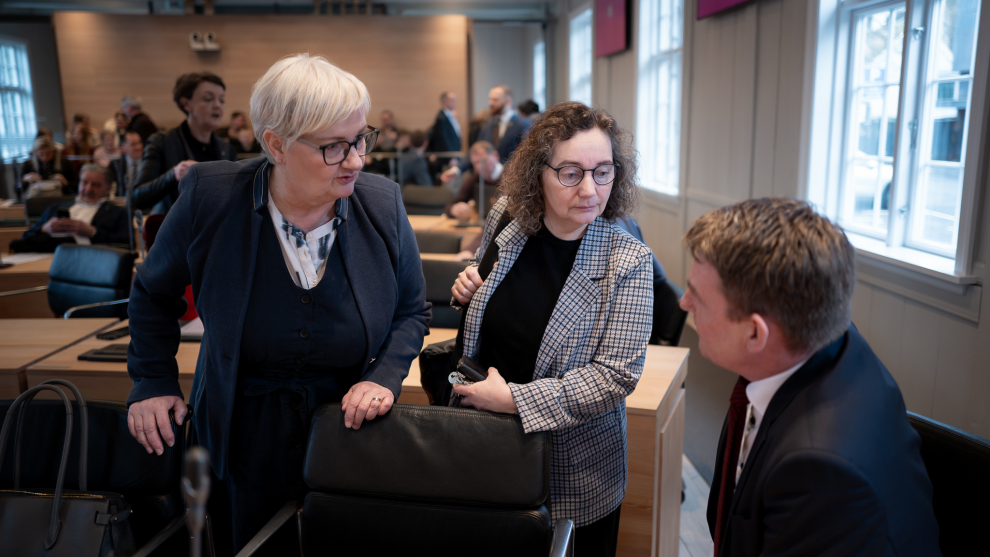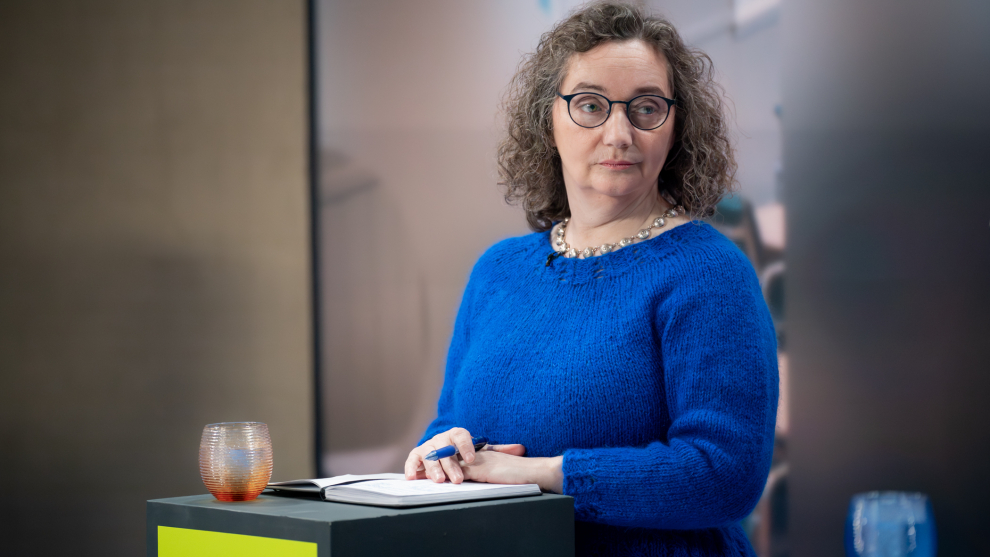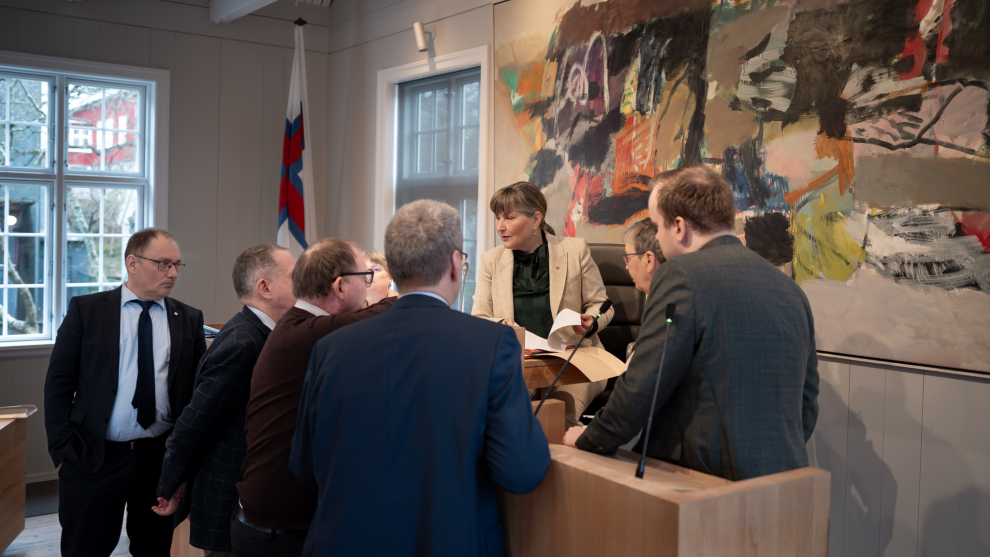- Tíðindi, mentan og ítróttur
Experts predict prolonged lockdown
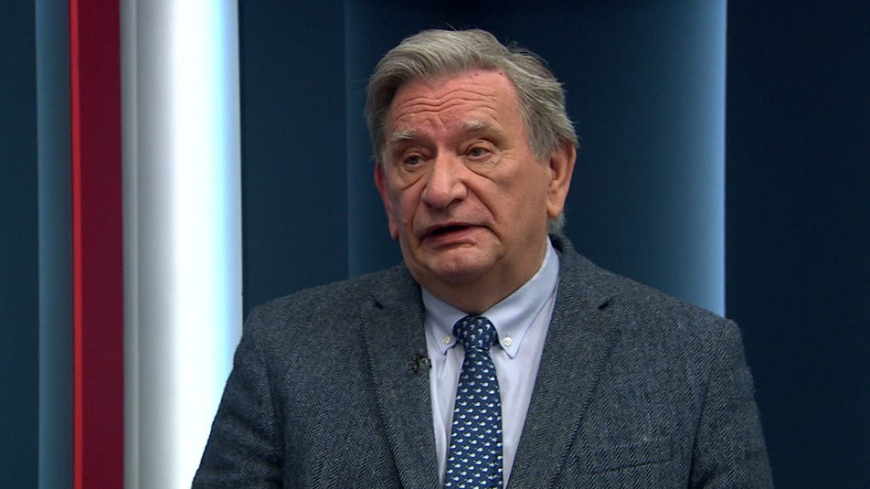
The Faroese strategy to suppress the coronavirus may lead to an extended period of restrictions – a year or more – until a vaccine or antivirals are available.
So says Pál Weihe, chief physician at the Department of Occupational and Public Health.
“The flat curve we’re seeing now with low numbers of new cases is of course great,” he says.
>> SEE ALSO No new corona cases as nine more recover
“But we must not forget that we’re dealing with a killer virus, and we have no reason to think that we are any different from Americans, Italians and Spaniards, who are experiencing an explosive growth in new corona cases, with hospitals and mortuaries overwhelmed many times over.”
He goes on to explain that Denmark, which has opted for a so-called herd immunity strategy, will continue strict restrictions until at least September.
This, he says, indicates that the Faroese lockdown, despite possible relaxations in some areas, will most likely also be a long, drawn-out affair, possibly longer than in Denmark.
”This is a consequence of the suppression strategy we have chosen. We are seeing no deaths and no serious illnesses, which is wonderful.”
>> SEE ALSO Researcher to study undocumented corona cases
However, the downside to this is that in the absence of a vaccine, the quickest way to beat a virus like this is through this herd immunity, also known as community immunity, which essentially seeks to create immunity in a large portion of society through COVID-19 exposure.
“Estimates say that at least 60 percent of a population will need to be exposed to the virus for this community immunity to work – that’s more than 30,000 people in the Faroe Islands needing to achieve full immunity. And we don’t know enough about COVID-19 to say if it’s even possible to achieve full immunity.”
>> SEE ALSO No corona patients have required intensive care
As the current number of 184 corona cases is about 0.35 percent of the population, there is some way to go before any community immunity kicks in.
“If we waited long enough, we would eventually see 60 percent of the population infected, but this does not take weeks or months. It takes at least a year, during which time there would inevitably be some fatalities.”
This, he adds, is why we should stick to our current suppression strategy, but it will take a long time before we have eradicated the virus.
>> SEE ALSO Busting corona myths with top doctor
The problem is that COVID-19 has a time lag of about two weeks, the time it can take for symptoms to appear, which complicates any efforts to determine the success of lifting the lockdown.
“If we lift the restrictions, it needs to be done very gradually. Unless we tread with extreme care, we risk reawakening this virus, which would be disastrous.
“So it’s crucial that we continue to act responsibly and maintain proper hygiene, social distancing and stick to all the other guidelines set out by the health authorities.”
>> SEE ALSO Faroese lab ready to start coronavirus research
A prolonged lockdown creates an additional problem: if the COVID-19 figures in other countries around us remain relatively high, this would bring about a situation in which we would need to shut off our borders entirely.
“If we need to quarantine everyone who enters our country, this would pose a big problem for many, not least the tourism industry. It is conceivable that we can return to fairly normal daily lives relatively soon, but with our suppression strategy, the borders will be a substantial problem.
>> SEE ALSO Expert warns against buying antibody tests
These views are echoed by infectious disease specialist at the National Hospital, Shahin Gaïni, who says it is crucial that we stick with the rigorous testing programme.
“With the knowledge we have, it is clear that although we might manage to eliminate the virus in the next few days or weeks, there will inevitably be new waves of infection coming from abroad as we start to lift the restrictions, so continued testing is essential.”
Asked when he expects to see a COVID-19 vaccine, Gaïni says:
“There is a huge amount of medical knowledge internationally today, which will come in handy in the development of a vaccine. But it will take some time. I reckon that between six months and a year from now, we will be seeing something useful.”
Translated by prosa.fo






